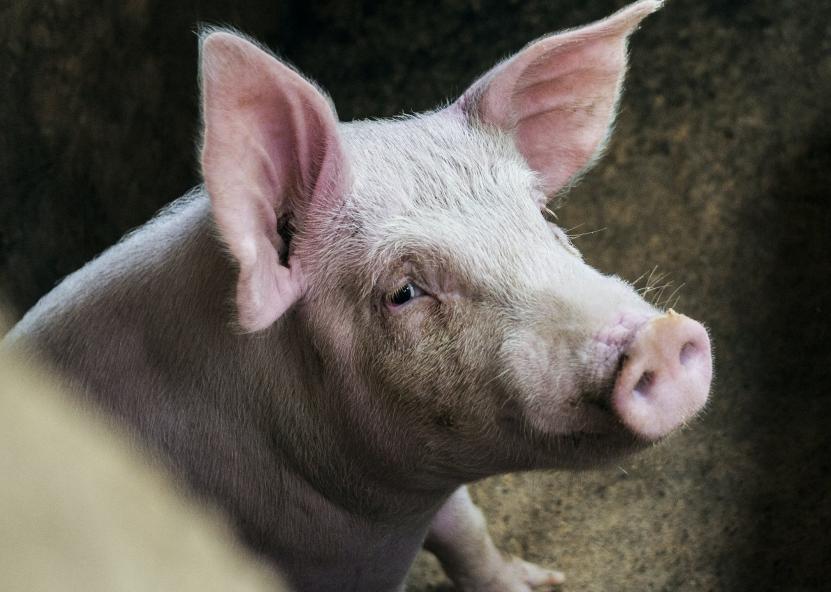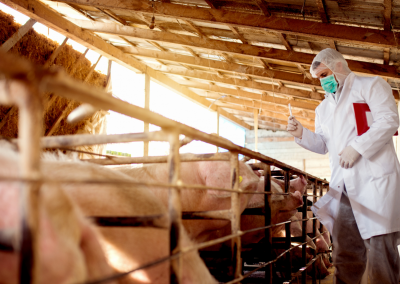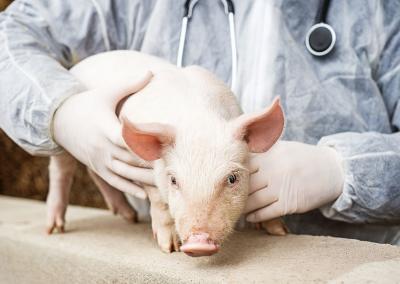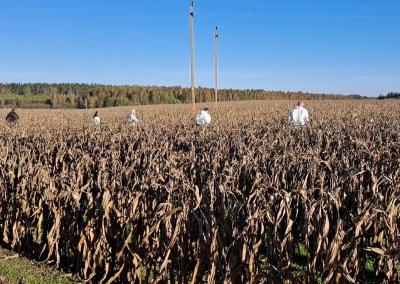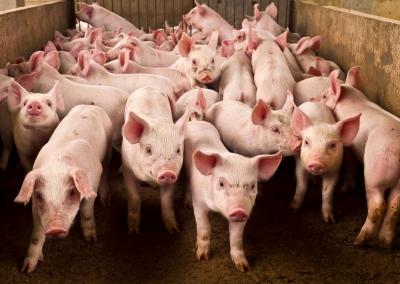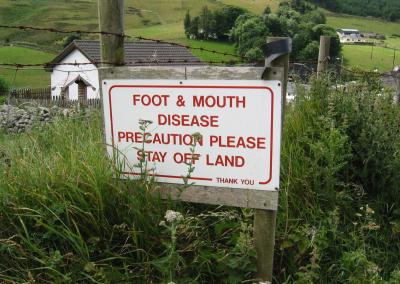Another outbreak of ASF - disease transmission through harvesting
Another outbreak of African swine fever (ASF) was confirmed over the weekend on a farm of eight pigs in the Lazdijai district, Budwiecis municipality. An outbreak of ASF in a small pig farm just three kilometres away was also recorded a couple of weeks ago. The VMVT warns that the infestation of the dangerous disease is likely to have entered the farm without complying with biosecurity requirements.
The farmer suspected the disease after noticing atypical changes in the pig's health (loss of appetite, red spots on the skin of the shoulder blades), and immediately informed a private veterinarian, who, after assessing the animal's clinical condition, informed the VMVT. At the suspected site, the Lazdijai State Veterinarian collected samples and delivered them to the National Institute for Food and Veterinary Risk Assessment for testing, which confirmed the presence of ASF.
The eradication of the infected pig farm has started immediately: pigs are being disposed of, premises are being cleaned and disinfected. A 3 km protection zone and a 10 km surveillance zone have been established around the farm, where pig farmers will be visited by veterinary inspectors and their pigs will be re-declared.
„This year we have seen a significant increase in the spread of ACM in wild boar, with a number of infected wild animals also found in the Lazdijai region. It is therefore very likely that the introduction of ASF into the farm was due to carelessness and non-compliance with biosecurity measures, most likely by feeding pigs with uncooked feed. The infected farm is surrounded by maize fields where boars infected with the ASF virus may have been present, and the virus could easily have been transmitted with the harvested crops. October is not a typical month for the detection of ASF on pig farms, but the recent outbreaks only confirm that the slightest mistake can easily lead to transmission. Pig keepers cannot go to the pig housing area with the same clothes and footwear after returning from field work or forestry; they must change them. We urge you not to hesitate to consult us if you still have questions about how to protect your farm from this virus – the regional inspectors of the VMVT will always be available to give you detailed advice and guidance. And if you notice even the slightest symptoms of the disease – don't hesitate to inform your farm veterinarian or the VMVT“, – commented the Deputy Director of the VMVT, Paulius Bušauskas.
The biosecurity requirements on pig farms must be met with the utmost responsibility if we are to avoid the spread of ASF and even greater losses.
Reminds you of the main requirements for pig farmers:
- Feeding pigs with food waste is prohibited;
- must keep pigs separated from other animals kept in the house;
- insect, rodent and other vector control measures must be installed in and around the holding; appropriate disinfectants must be used at entrances and exits to the holding;
- Persons entering a holding where pigs are kept for their own use must change their clothes and shoes, disinfect their hands at all times and observe personal hygiene, and must do the same when leaving the holding;
- no unauthorised persons should be allowed to visit the pig holding area .



































































































